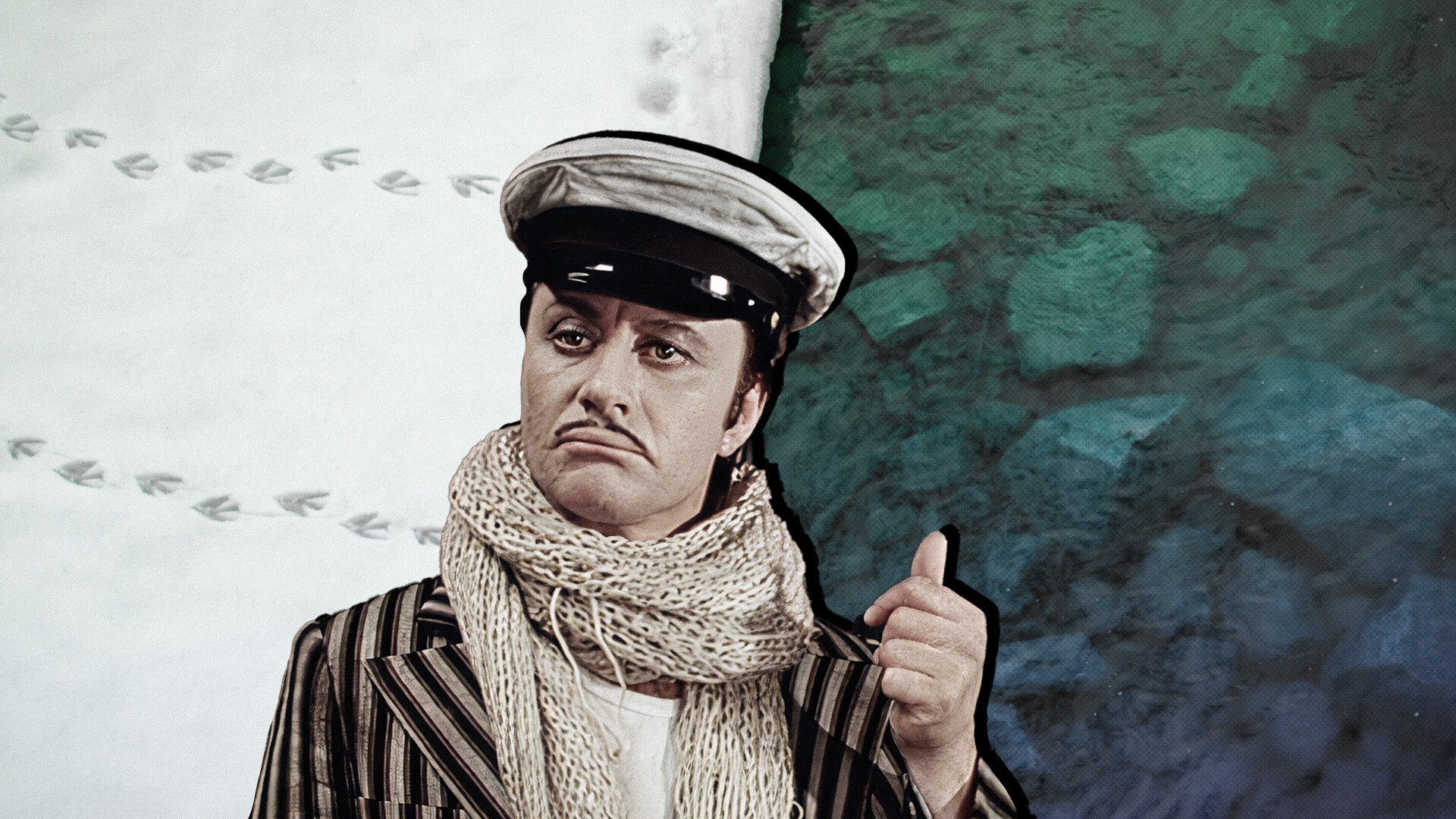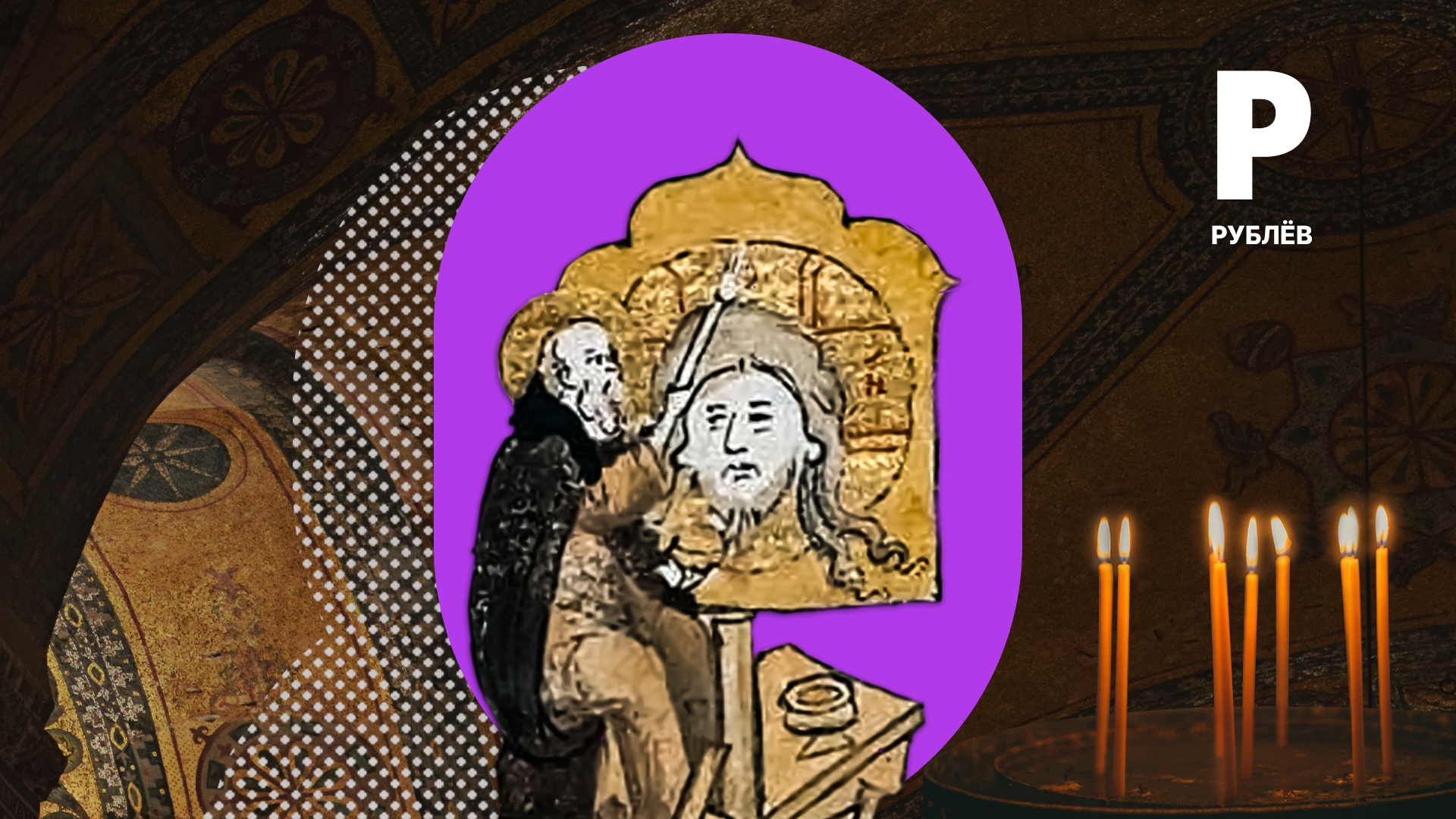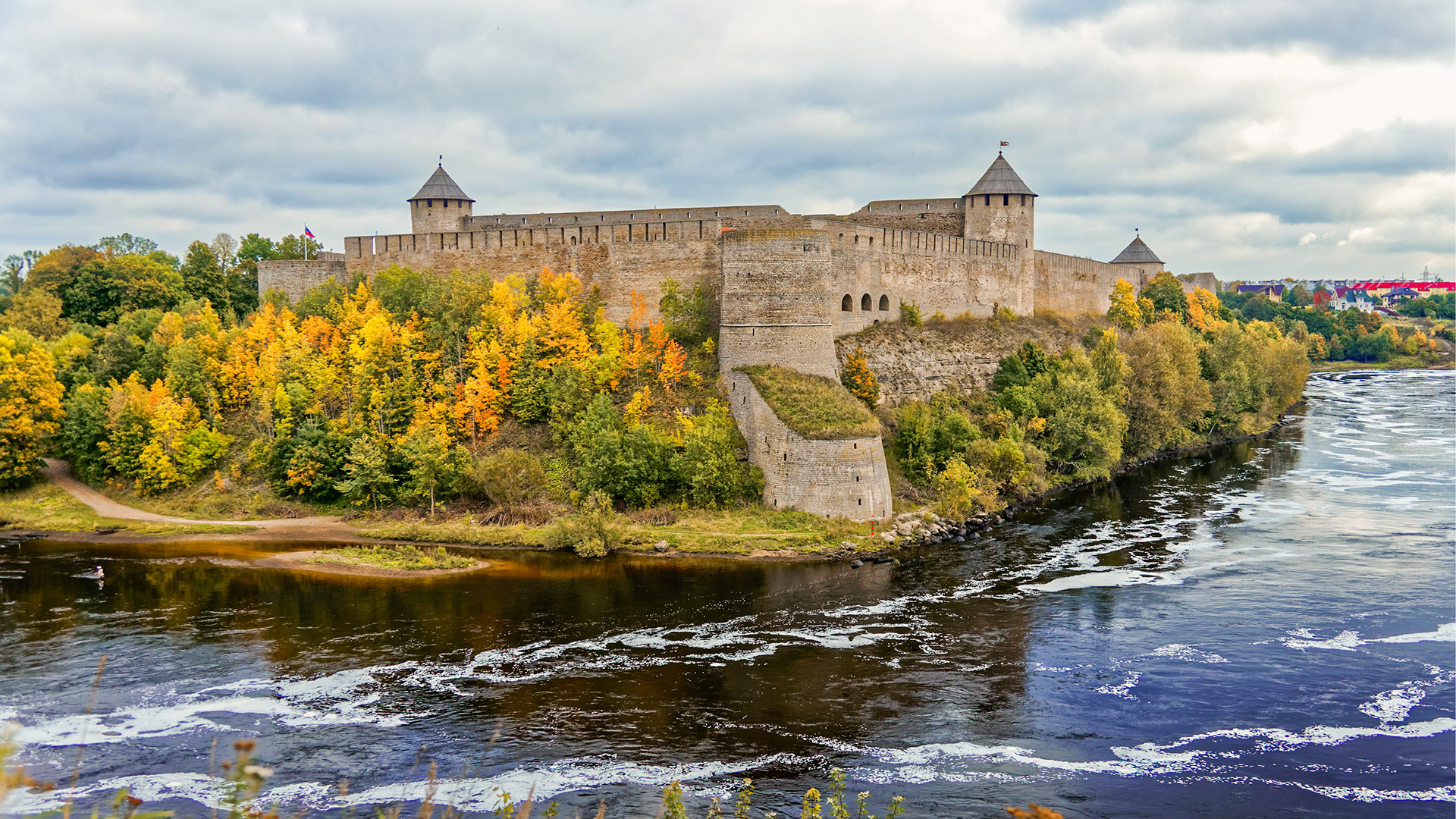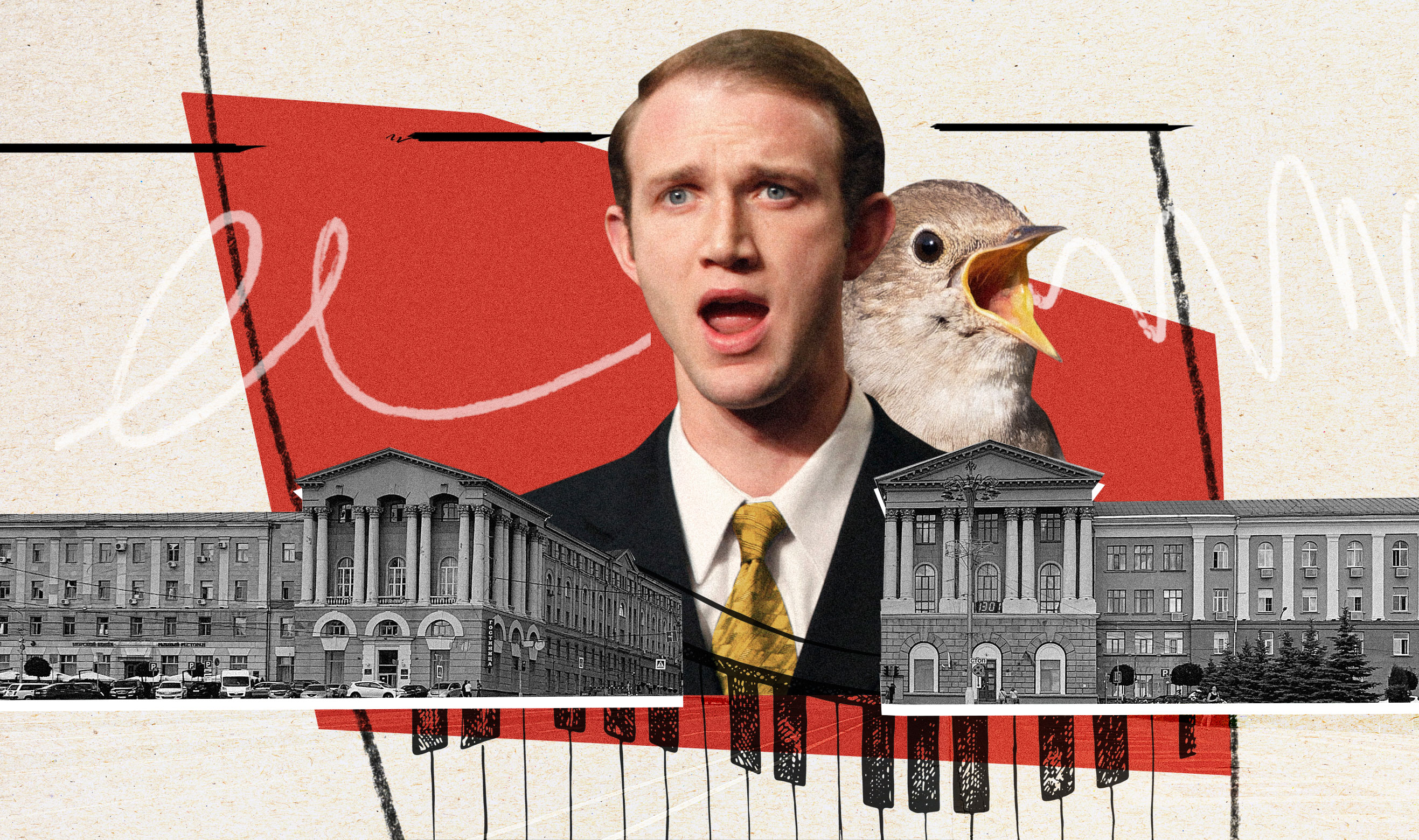
What does the expression “the ice has broken” mean?

Originally, this expression was used when the ice on the rivers began to melt and move in the spring. In the story ‘On the River’, Anton Chekhov describes this moment as follows: “‘The ice has broken!’ shouts are heard in the middle of a clear spring day. ‘Guys, the ice is moving!’ The ice moves gently every spring, but, nevertheless, the ice drift is always an event and the topic of the day.”
Over time, the meaning of the phrase changed and it began to be used in a figurative sense, as well. In the novel ‘The Twelve Chairs’ by Ilf and Petrov, the character Ostap Bender repeatedly says: “The ice has broken, gentlemen of the jury!” But, he implies that the story of searching for treasure hidden in chairs has had some development. So, this expression is used when expected changes occur or long-awaited actions begin. An English equivalent would be: “To have a breakthrough.”












